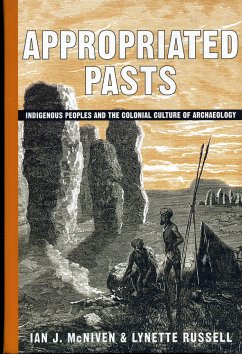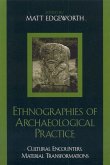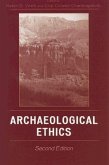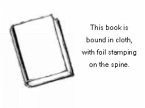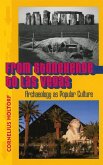Archaeology has been complicit in the appropriation of indigenous peoples' pasts worldwide. While tales of blatant archaeological colonialism abound from the era of empire, the process also took more subtle and insidious forms. Ian McNiven and Lynette Russell outline archaeology's _colonial culture_ and how it has shaped archaeological practice over the past century. Using examples from their native Australia--and comparative material from North America, Africa, and elsewhere--the authors show how colonized peoples were objectified by research, had their needs subordinated to those of science, were disassociated from their accomplishments by theories of diffusion, watched their histories reshaped by western concepts of social evolution, and had their cultures appropriated toward nationalist ends. The authors conclude by offering a decolonized archaeological practice through collaborative partnership with native peoples in understanding their past.
Bitte wählen Sie Ihr Anliegen aus.
Rechnungen
Retourenschein anfordern
Bestellstatus
Storno

